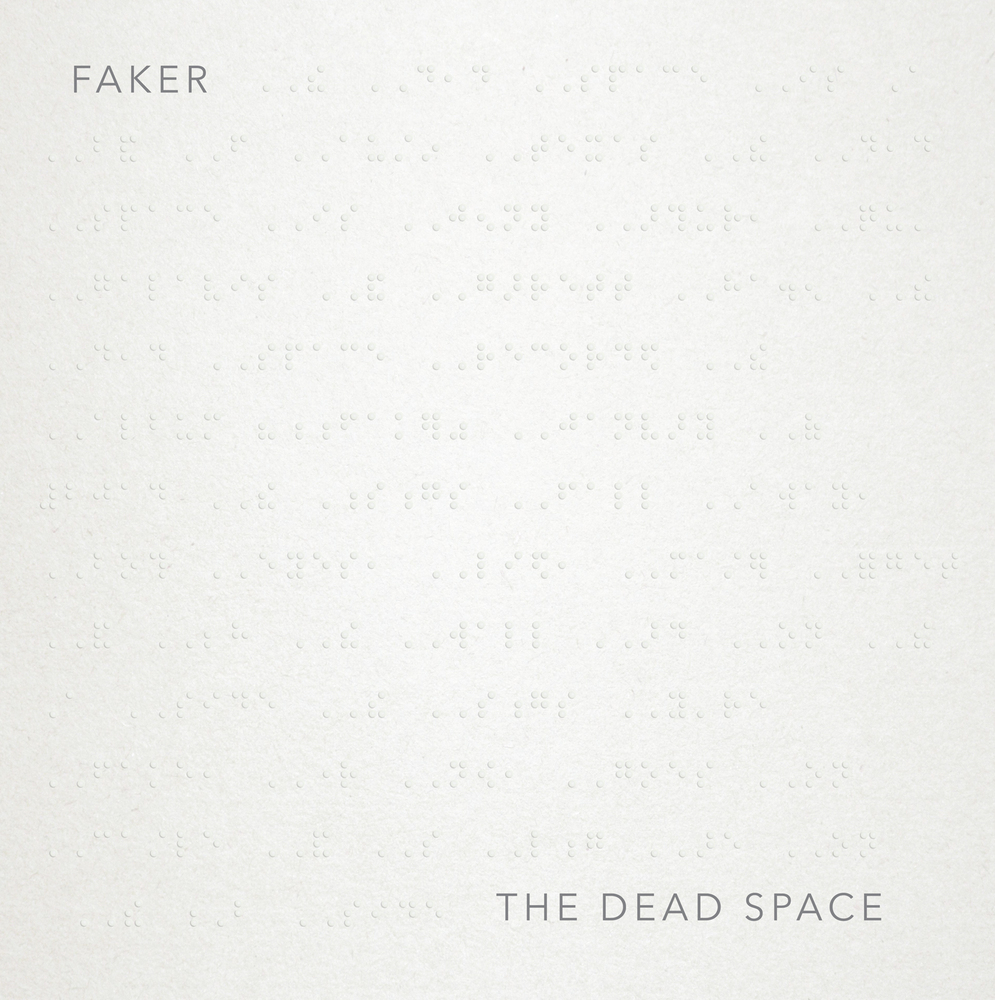Bombast is bogus: Two promising discs overdose on grandiosity
By Jim DeRogatis

Bombast is bogus: Two promising discs overdose on grandiosity
By Jim DeRogatisMerriam-Webster defines “bombast” as something that “is meant to sound important or impressive but is not sincere or meaningful.” Of course, critics walk a fine line when attempting to judge sincerity, but the dictionary definition is referring to bombastic speech. Over-inflated sounds are a bit easier to discern and, for this listener, easier to dislike. Think U2 at its most bloated and self-important. Or the Arcade Fire at its most U2.

Goshen, Indiana-based singer and songwriter Tim Showalter is winning plenty of fans for his Americana underground update of John Mellencamp’s Midwestern earnestness on HEAL, his second album as Strand of Oaks. And it can indeed be affective hearing the artist trace his path to music-making from discovering dad’s dusty reel-to-reel, to buying used Casio keyboards, to “singing [Smashing] Pumpkins in the mirror” in “Goshen ’97,” or paying tribute to another musical hero, the late Jason Molina of Songs: Ohia and Magnolia Electric Co., in the seven-minute “JM.” But Showalter doesn’t know how to edit himself, and the mood is quickly broken by clunker lines such as “That’s where the magic began” or “Now it’s hard to hear you sing, the crow has lost its wings.” Ugh.
A worse sin than the lyrics, however, is the production. Never has an album crafted in a bedroom studio sounded so designed for the arena, stadium, or festival main stage, with three-note guitar solos shooting right past Neil Young to land at Guns N’ Roses, and keyboards going straight for Springsteen circa Born in the U.S.A. Then Showalter commits the ultimate sin of wrapping the whole thing up with a track called “Wait for Love” that really should prompt Chris Martin and Coldplay to sue for plagiarism.

The Austin trio the Dead Space isn’t quite as egregiously overblown on its debut album FAKER, though the self-deprecation of that title is undercut by the needless capitalization (just like HEAL, and ack, this is an obnoxious trend!). Here the fantastically moody, swirling shoegaze guitars and trance-like rhythms are ruined by derivative and overdone touches of Joy Division solemnity, Bauhaus theatrical/gothic grimness, and an overdose of Echo & the Bunnymen reverb. A good producer sympathetic to these sounds—hello, Dave Fridmann—could have pulled back on all of this. But the only time the group rises above its influences and abandons the empty grandiosity is on the short, furiously minimalist “You’re Fake,” which hints at hope for the future. And hey, the threesome is young, so there’s time.
Strand of Oaks, HEAL (Dead Oceans)
Rating on the four-star scale: 1 star.
The Dead Space, FAKER (12XU)
Rating on the four-star scale: 2 stars.
Follow me on Twitter @JimDeRogatis, join me on Facebook, and podcast Sound Opinions and Jim + Carmel’s TV + Dinner.

